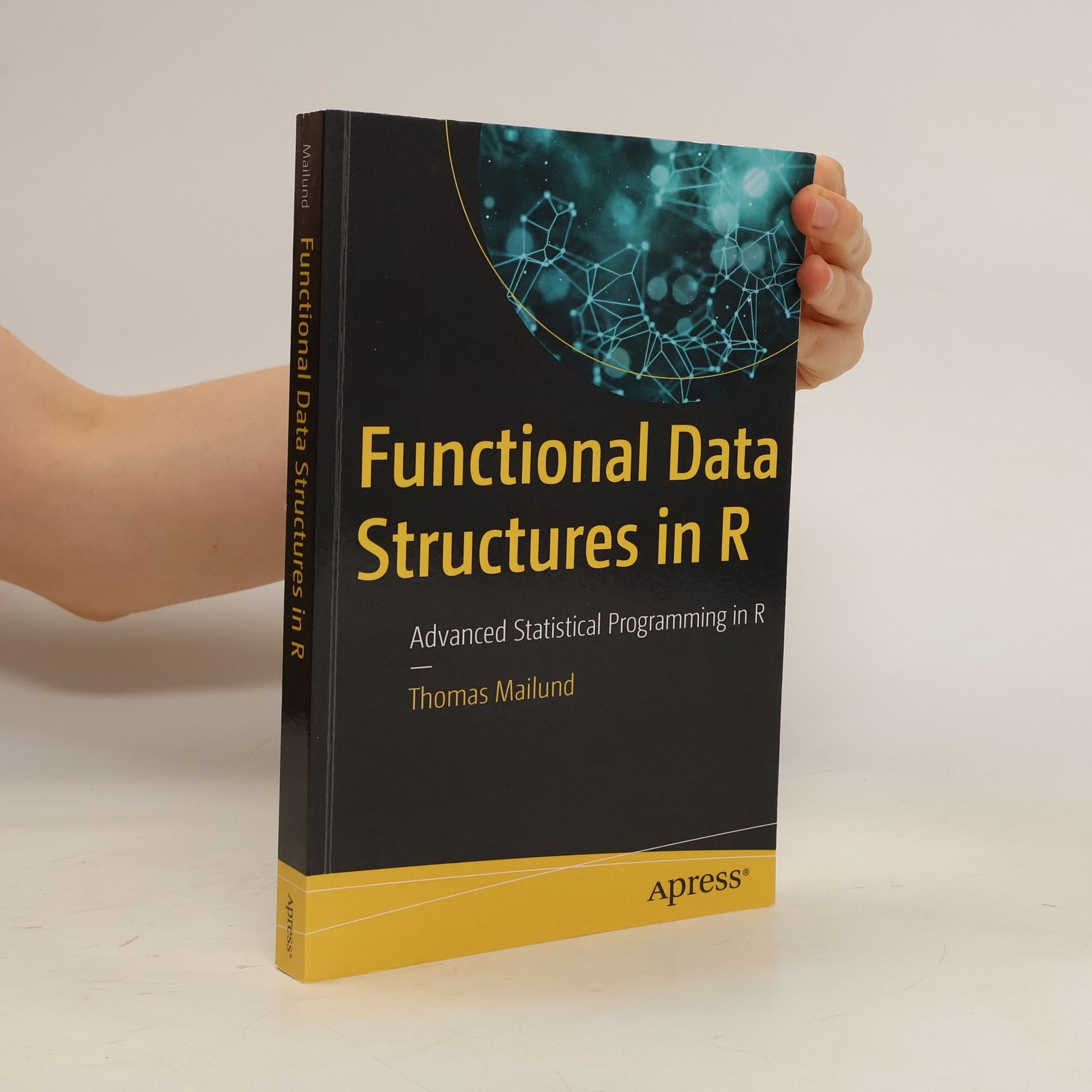Functional Programming in R 4
Advanced Statistical Programming for Data Science, Analysis, and Finance
- 172pages
- 7 heures de lecture
The book focuses on mastering functions in R, particularly in the context of R 4. It teaches readers how to create pure functions that avoid side effects, manipulate functions within other functions, and build complex functions using simpler ones as foundational elements. This practical approach equips programmers with the skills to enhance their functional programming techniques in R.

